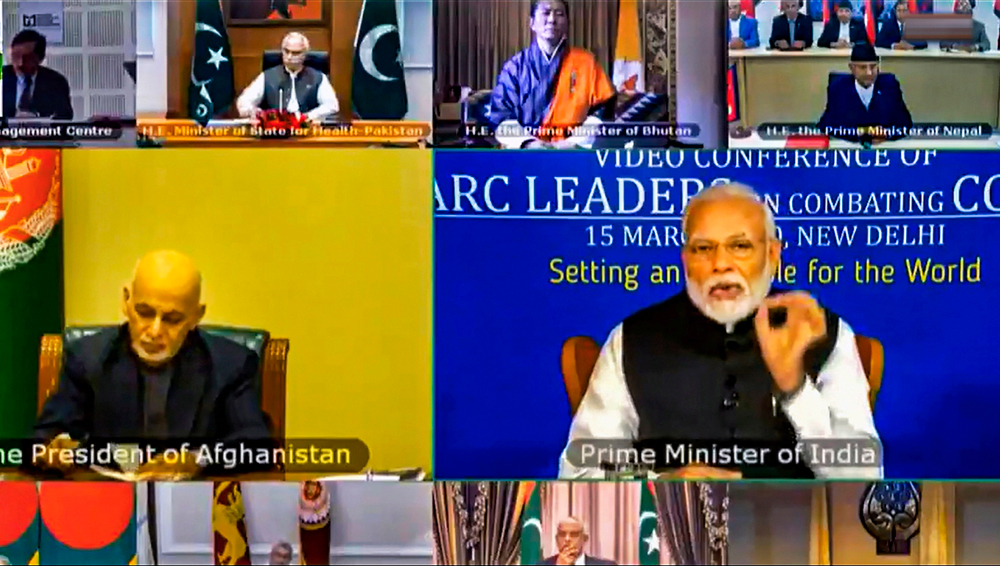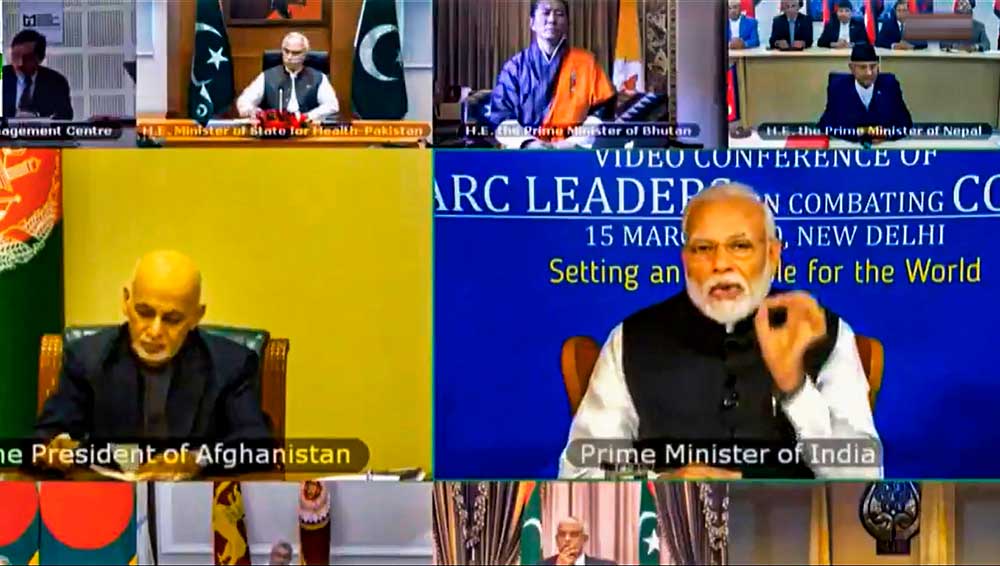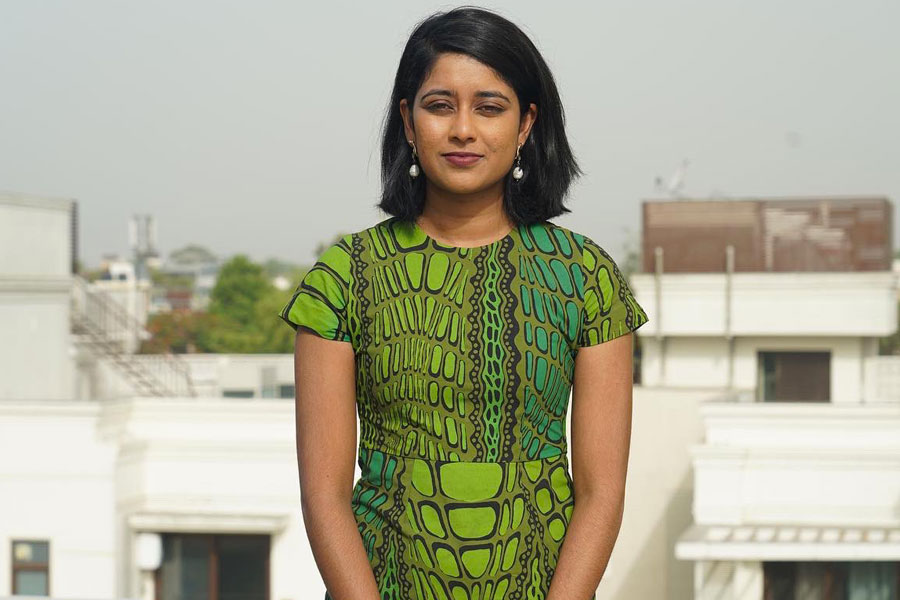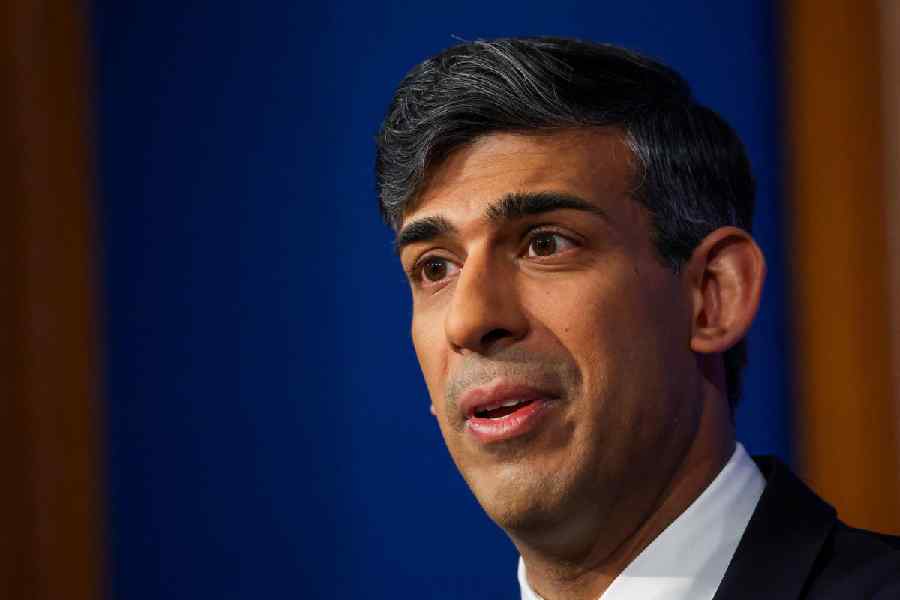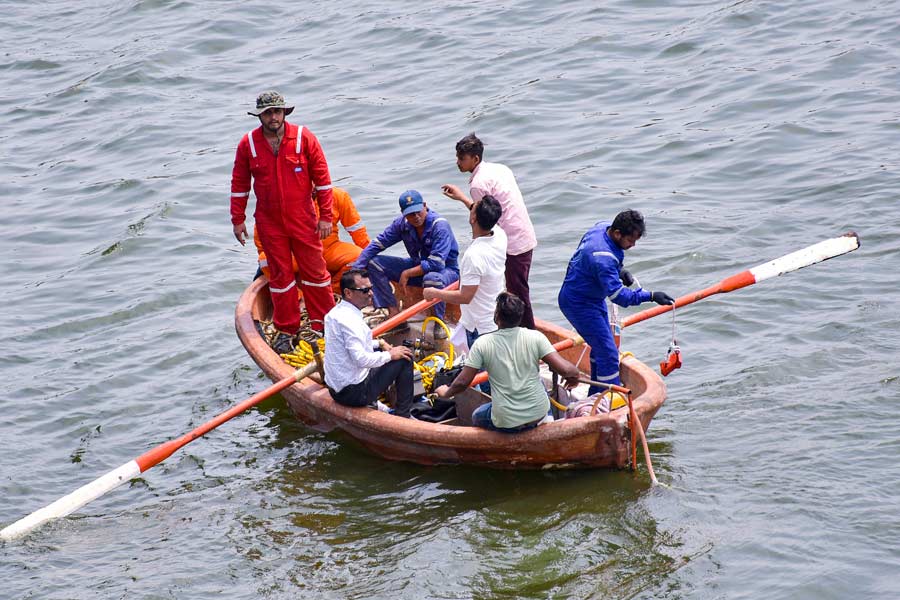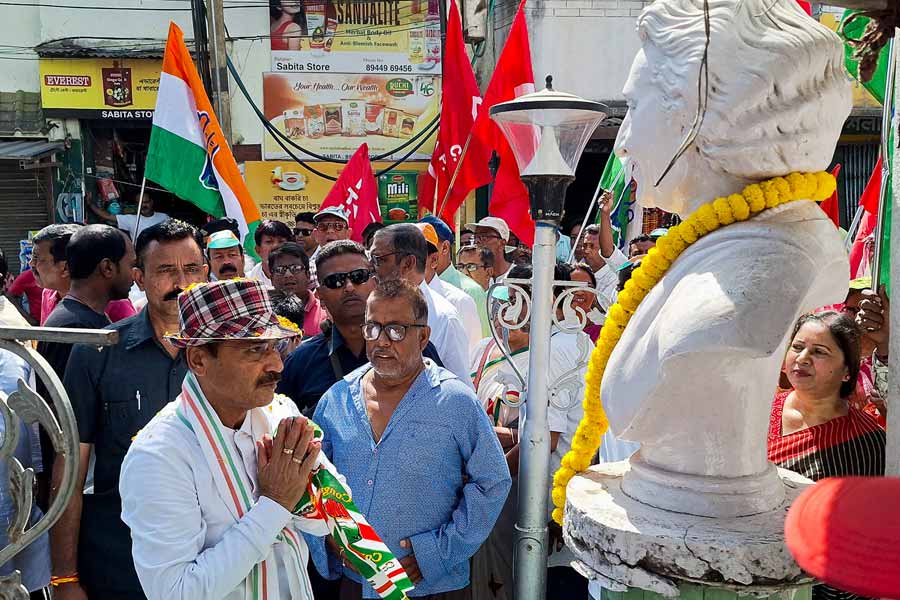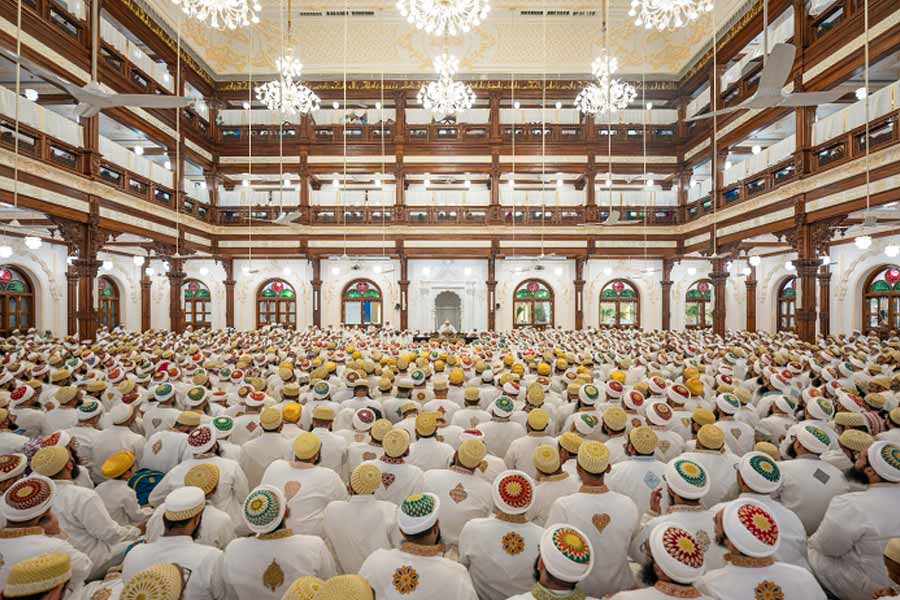Cooperation is the key to survival. This is the message that the Indian prime minister seems to have conveyed with his decision to initiate a video conference among leaders of the countries that constitute the South Asian Association for Regional Cooperation to chart out a strategy to confront — jointly — the debilitating threat posed by the coronavirus. The Saarc nations were meeting after a long hiatus. A dangerous pandemic had brought the forum together on an unconventional platform. Yet, the representative from Pakistan deemed the rather grim occasion to be fit to needle India on Kashmir, calling for the lifting of ‘all lockdowns’. Narendra Modi quite rightly chose to ignore the provocation and focus on the matter at hand, calling for the creation of a voluntary emergency fund. Pooling collective resources is, indeed, a good idea when confronted by a shared threat.
However, Mr Modi’s reiteration of the principle of collaboration seems to have fallen on the proverbial deaf ear in some instances. There are reasons to suspect that at least one death in India could have been avoided if the advisories issued by the authorities had been adhered to. The son of the woman who died in Delhi — he had a travel history to Switzerland and Italy — approached a hospital 12 days after developing worrying health symptoms. This kind of callousness seems to be turning into a contagion itself. A family which arrived in an airport in Kerala had ignored announcements for passengers to report for screening. Irresponsible behaviour not only aggravates the risk to fellow citizens but also adds to the burden on a rickety healthcare system, which is bound to be stretched while identifying those who have deliberately eluded the system of detection. Indians must remember that a crisis of this magnitude can, as the prime minister argued, only be tackled on the basis of collaboration. But the burden of collaboration cannot rest with the government alone. The battle against the virus must be public in the truest sense, with citizens joining hands with the authorities to minimize the risk of infection. Indifference to civic responsibilities, as was evident in the cases in Delhi and Kerala, could prolong the suffering of the nation and its people. There is then a strong case for India to imbibe a robust culture of civic nationalism to ward off threats — health and otherwise — in the future.

